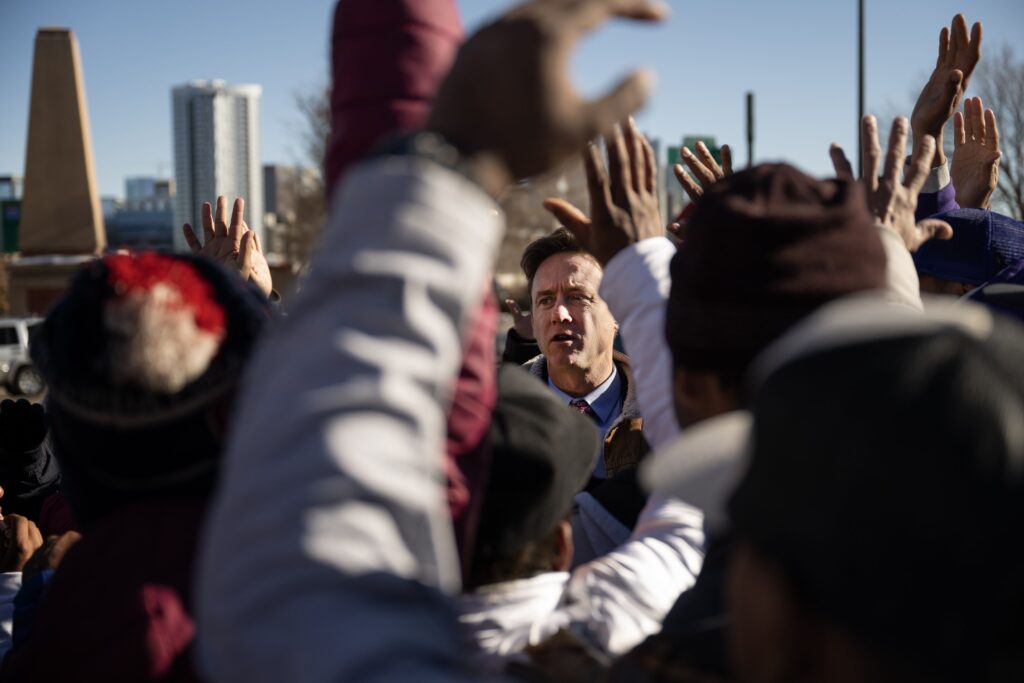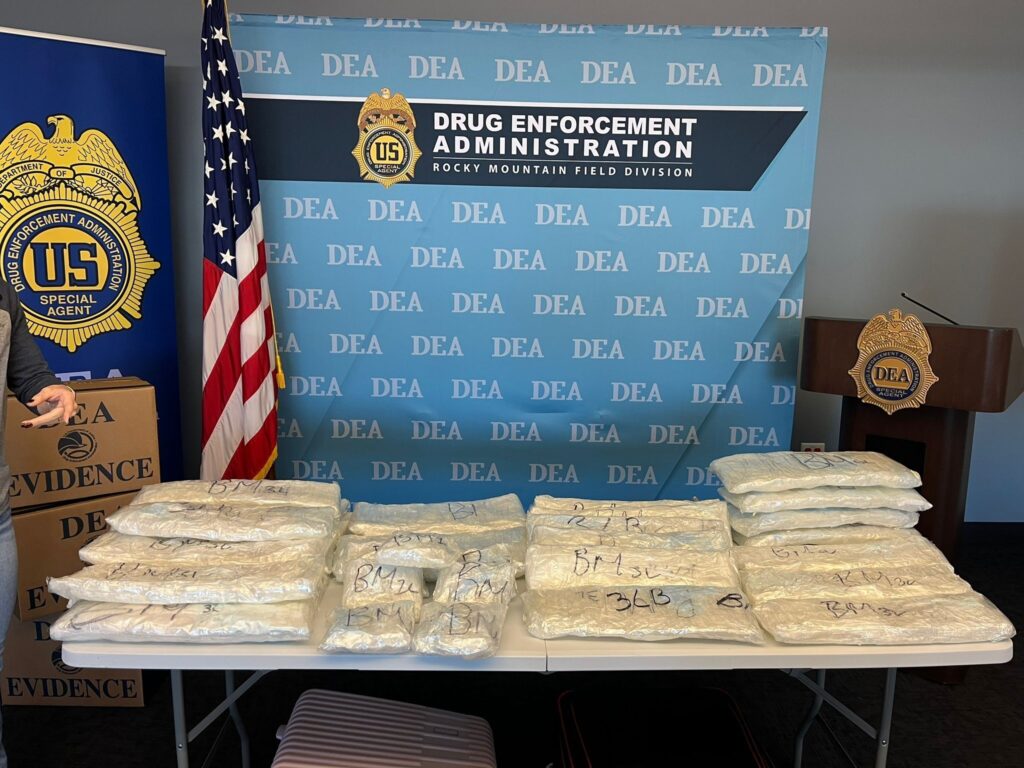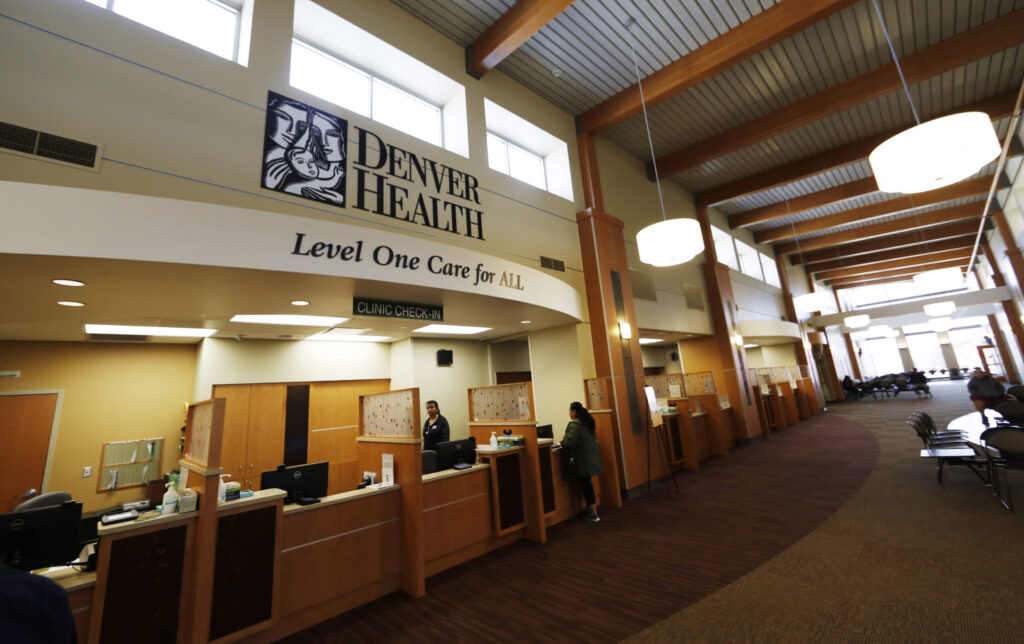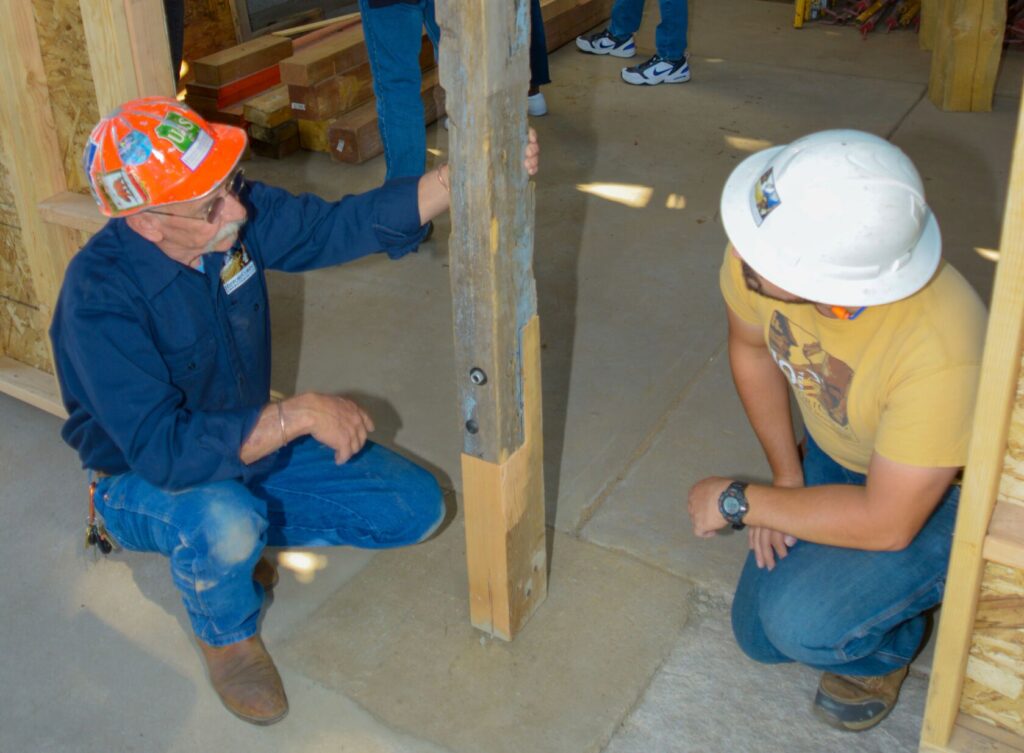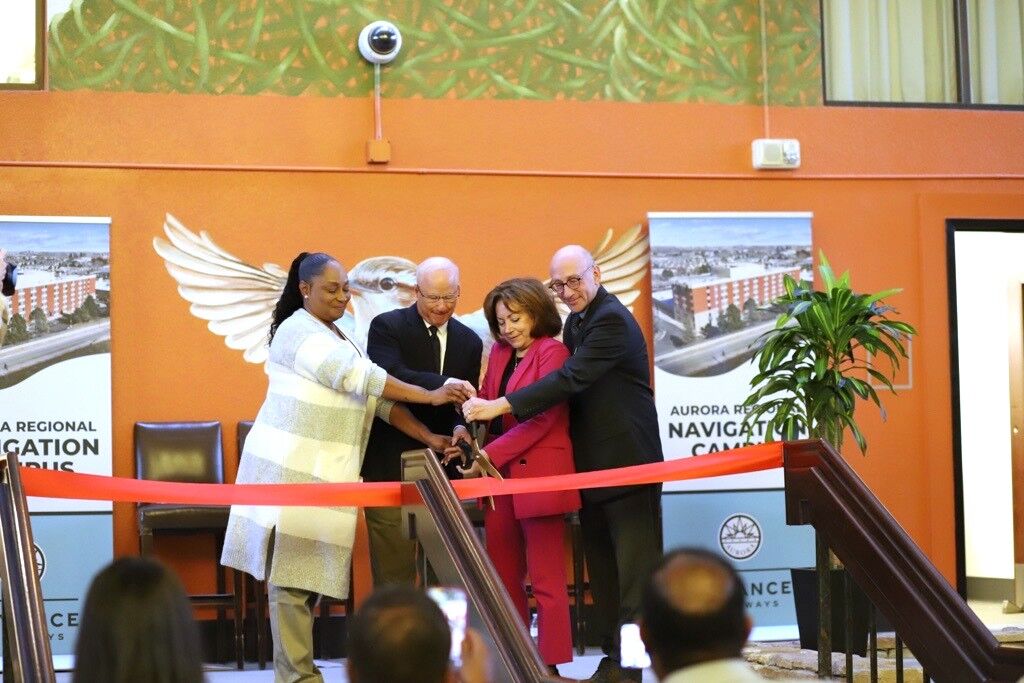New state grant program means vaccines available in many doctors’ offices, clinics

Gov. Jared Polis Thursday announced a new state grant program that will allow primary care physicians, pediatricians and family care clinics to provide the COVID-19 vaccine.
The grant program launched Thursday – copcpvax.com – will provide between $60,000 and $120,000, depending on the size of the practice, to support vaccine administration. That could pay for additional staff or technology that will help practices reach out to those who have not yet been vaccinated.
The program has potential to provide additional points of access to the vaccine, particularly in rural communities. “We’ll be able to pay for staff time and technology to reach out to patients we haven’t seen yet” and meet patients where they live, said Dr. Aaron Shupp, a family medicine specialist at Rocky Mountain Primary Care in Broomfield.
When primary care providers don’t have the tools to offer the vaccine, it’s a missed opportunity, Polis said. The state is hoping the new partnership with physicians will reach some of the 25% who have refused the vaccine. He estimated that 10 to 15% of those people might be open to the vaccine, and the “most meaningful conversation they can have is with their doctors” from whom they usually take treatment advice.
The grant program, which is paid for with $60 million in federal COVID relief dollars, runs through the end of November, but Polis advised those interested to apply for the grants right away as funds will be awarded on a first-come, first-serve basis. “We have the weapon, let’s use it.”
Of the 796 hospitalized in Colorado with COVID-19, 103 are “breakthrough” infections, those who have been vaccinated but caught the virus. Polis said those people will have much more minor infections.
The rest – 693 – are unvaccinated. “This is a crisis of the unvaccinated,” Polis said.
There are five children between the ages of 0 and 11 who are hospitalized with COVID and for whom the vaccine is not yet available. Another six hospitalized are between the ages of 12 and 17, and that age group can be vaccinated. “There’s no reason for any child 12-17 to be hospitalized for COVID” when it is entirely preventable, Polis said.
Health care workers are losing hope for those who refuse to be vaccinated.
Dr. Marc Moss, head of the division of pulmonary sciences and critical care medicine at University of Colorado School of Medicine-Anschutz, said he’s been caring for COVID-19 patients for 19 months. In the beginning, there was just one straightforward solution, Moss said: getting vaccinated. Prior to vaccine availability , frontline providers put their lives on the line to care for the sick. “There was a sense of purpose; COVID patients needed our help, it’s what we were trained for.” They stayed in patient rooms to combat the isolation, held their hands and tried to provide reassurance, and sometimes held their hands while they died, Moss said.
When the news of the vaccines came, it created a sense of optimism that the pandemic would end. Moss said he cried after getting his first shot, joyful that he might not succumb to the virus.
However, Moss said, that sense of hope has been short-lived. The virus has accelerated the psychological distress for healthcare providers, and the new wave of COVID patients, predominantly unvaccinated, “may break the souls of my colleagues.” Moss said one survey shows one out of three healthcare providers are considering leaving the profession.
Before COVID, Moss said, he had never cared for a husband and a wife or two sisters, all in the ICU, with the same disease at the same time. He said getting vaccinated was “a public health issue, and the virus is the enemy” and that people who remain unvaccinated put themselves, their families, children, neighbors and others in the community at risk, as well as frontline health workers, he said.
“On behalf of tens of thousands of healthcare professionals in the state of Colorado and the other frontline workers who have worked on your behalf, we urge you to get vaccinated. No one else needs to die from this preventable disease.”
Shupp recounted how it took months to convince one patient to get vaccinated. The man had diabetes and hypertension, and started talking to Shupp last December about the vaccine. “No way,” Shupp recalled him saying. He continued to discuss the vaccine with the patient throughout the spring and summer, and even after the man’s uncle died from COVID, he wouldn’t get the shot.
But in August, the man changed his mind, and he and his wife have now gotten their first shot. Primary care doctors have those kinds of relationships with their patients, he indicated. A patient can talk to their physician, go over the details of the vaccine, risks and safety issues, and make good choices for themselves and their families, he said.
Finally, with the Labor Day holiday approaching, Polis encouraged people to forego block parties and to keep gatherings small, to avoid superspreader events. “Pandemics don’t take holidays,” he said.
The Colorado Academy of Family Physicians, which represents over 2,700 practicing primary care physicians, residents, and medical students, applauded Thursday’s announcement. “The COPCPVax Grant Program makes a critical investment in primary care providers who we know are the most trusted source of vaccine information for patients,” said Dr. Craig Anthony, the academy’s president. “This grant ensures more patients will have easy access to the vaccine from their trusted healthcare provider.”



